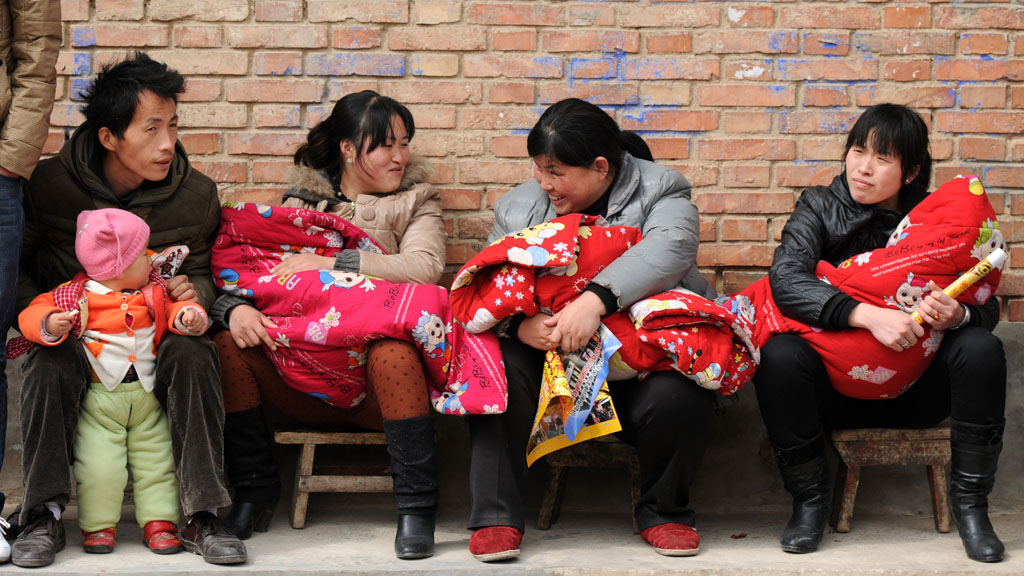China relaxes one child policy
The 1979 one-child law has left an ageing population and a gender imbalance. On Friday, the Chinese lawmakers announced they will allow families to have two children.

The Chinese state will allow families to have two children from 2014 onwards, said China’s law-makers, ending almost 35 years of a one-child policy.
If approved, the changes will come within months, after the Standing Committee of the National People’s Congress announced the change on Friday.
But restrictions remain in place – couples are only allowed to have two children – and only if one of the parents comes from a single child family. It is estimated that up to 20m couples will be affected.
China’s one child policy was introduced to control the country’s population in 1979. Parents were fined or forced to have abortions for breaking the rule.
There were exceptions: rural families could have two children if the first was a girl, and ethnic minorities in China were allowed to have more children. But it is estimated that the measure has reduced the population by 400m.
‘Leftover men’
The policy has resulted in a fall in the working age population of China and worries about who will care for the large numbers of older people. By 2050, more than a quarter of the population will be over 65.
A traditional preference for boys has also led to a gender imbalance in the current of generation of Chinese youngsters. It is feared that China will have 24m “leftover men” by 2020, unable to find a wife.
Another consequence of the policy is Little Emperor syndrome – where only children, usually in cities, are spoilt by their parents and grandparents but lack socialisation skills because they spend less time with other children.
Labour camps abolished
In another break from the past, China also abolished its labour camps, modelled on the Russian gulags, where China’s undesirables were interned for up to four years on hard labour with no right to appeal. China had imprisoned 160,000 in 260 such camps at the start of this year according to the Ministry of Justice and Human Rights Watch. Internees included people convicted of drug addiction, prostitution and political activists.
It is understood they will be freed when the reforms come in this year, though critics fear the changes may be cosmetic.